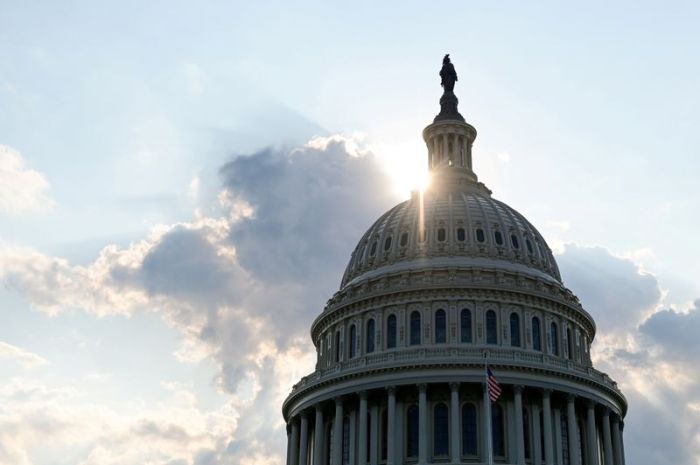(Reuters) – Canada’s vaccine advisory panel on Tuesday backed the use of AstraZeneca’s COVID-19 vaccine for people aged 65 and older after initially recommending against it, saying that three recent real-world studies showed the shot to be safe and effective for older adults.
The National Advisory Committee on Immunization (NACI) had said on Mar. 1 that AstraZeneca doses should only be given to those between the ages of 18 and 64 because clinical trials had featured very few people 65 or older.
The committee said in a statement there is now real-world evidence from the United Kingdom, which has been administering the AstraZeneca vaccine to people age 65 and older. (https://bit.ly/3thLc1Q)
“This evidence demonstrates that the vaccine is safe and effective in older adults,” the statement said.
Canada has not followed several European countries that suspended use of the AstraZeneca vaccine after reports of serious blood clots following vaccination. A Health Canada official said clots look to be less common, not more common, among people who have been vaccinated.
On Sunday, AstraZeneca said data on more than 17 million vaccinated people showed no increased risk of clots.
Canada has access to Pfizer/BioNTech, Moderna AstraZeneca vaccines, but the rollout has been slow due to lack of domestic production. Only 6.9% of the Canadian population has received at least one dose, according to the volunteer-run data site COVID-19 Tracker Canada.
The committee said it still recommends that mRNA vaccines, like those from Pfizer and Moderna, be prioritized for people at highest risk of severe illness and death and at highest risk of exposure. But during a media briefing, NACI chair Dr. Caroline Quach-Thanh said that may change as experts review more evidence from AstraZeneca’s ongoing U.S. Phase III vaccine trial.
Quach-Thanh said the committee is now looking at new research on immunocompromised people with respect to the interval between vaccine doses.
“We are keeping on top of the literature and are modifying as need be,” she said. People with compromised immune systems may not respond as strongly to their first shot of the vaccine.
In early March, NACI advised that the two vaccine doses can be separated by up to four months, longer than other jurisdictions, a move aimed at at least partially protecting more people in the short term.
In the United Kingdom, doses have been separated by three months. In their large clinical trials, however, the Pfizer and Moderna vaccine second shots were given three or four weeks after the first.
Canada has recorded a total of 22,495 COVID-19 deaths and 913,047 cases. Health officials in Ontario, the most populous of the 10 provinces, said they are seeing clear signs of a third wave of infections.
(Reporting by Manas Mishra in Bengaluru, David Ljunggren in Ottawa and Allison Martell in Toronto; Editing by Maju Samuel, Steve Orlofsky and Bill Berkrot)




















